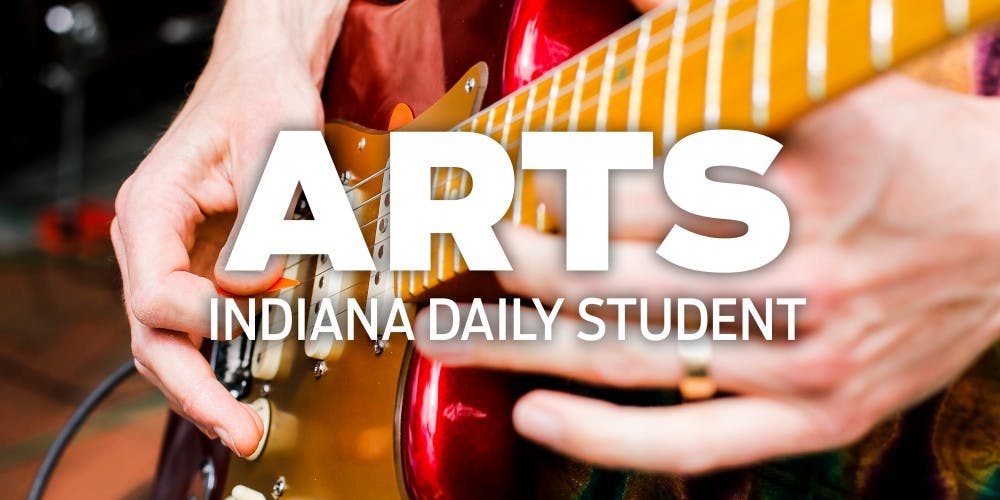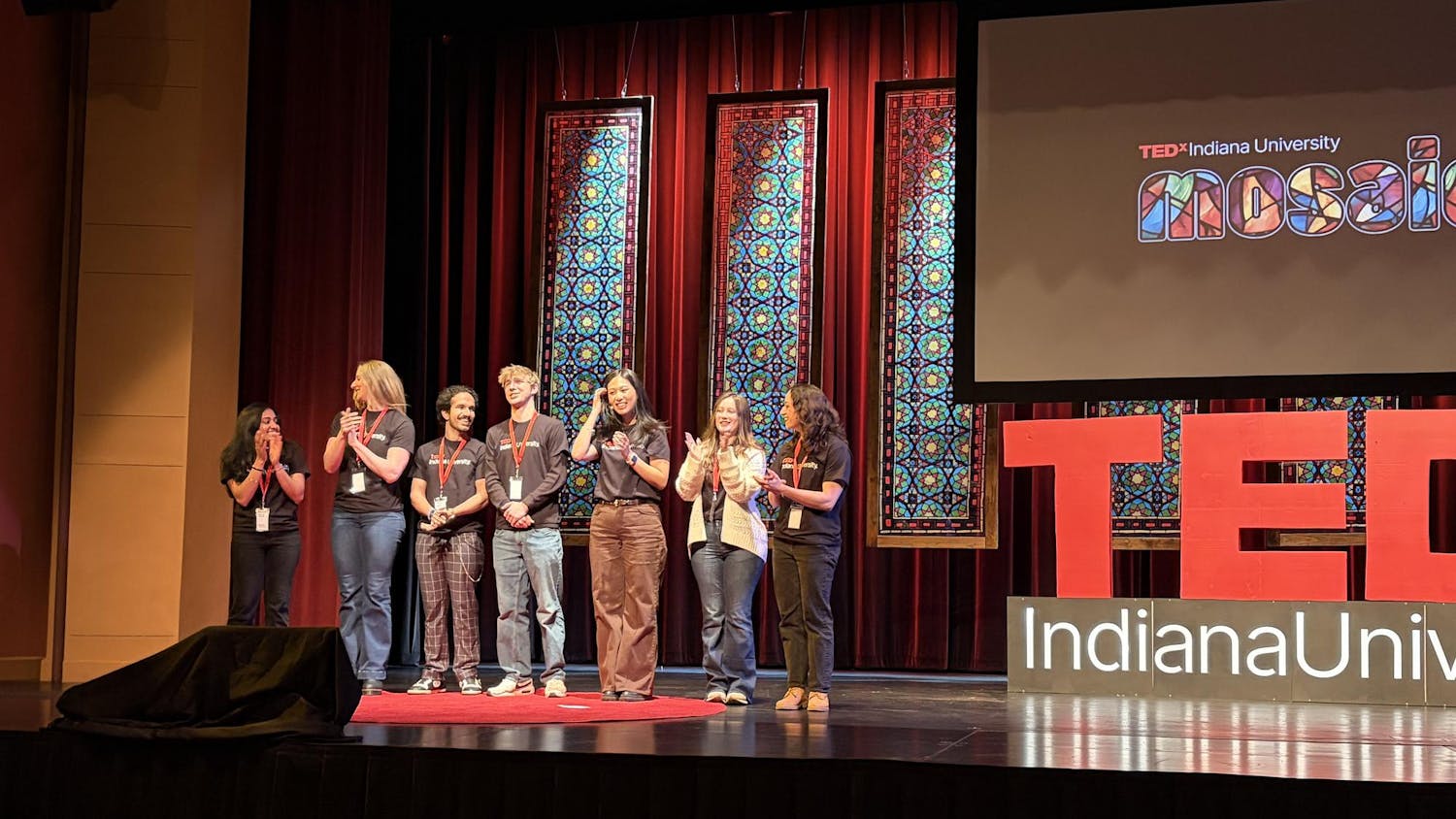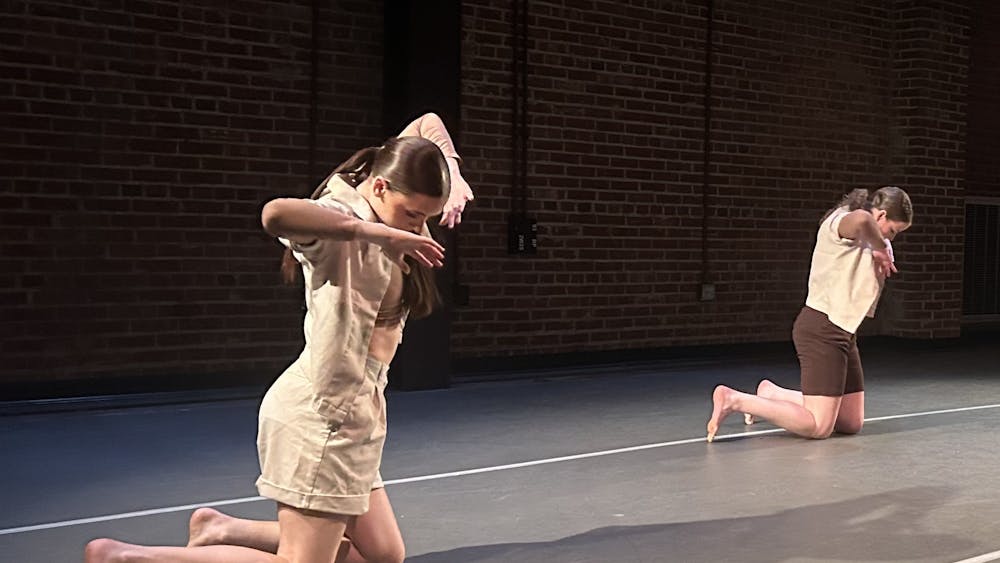Though sometimes thought of as synonyms, “empathy” and “sympathy” have very different definitions.
Sympathy: to feel compassion, sorrow or pity for the hardships another encounters.
When we see or hear about the growing numbers of refugees in countries all over the world, a lot of the time we’ll just shake our heads and remark on how tragic it is. Then we’ll move on with our day. We’ll go to class or out to eat with our friends. We put it out of our minds.
Empathy:to put oneself in the shoes of another. We never really experience empathy until we force ourselves to experience or hear about someone’s problems. We typically try to avoid doing that.
Pablo Arenas Gallo, a junior studying psychology at IU, is studying in Milan, Italy this semester. He is spending much of his time interning with a clinic that helps refugees and homeless people.
The clinic, Opera San Francesco per i Poveri, has everything from psychologists, psychiatrists, general doctors and even dentists. He said the clinic is meant for people who don’t have any documents and can’t get help anywhere else in Milan. He spends his time with the psychologists.
While the clinic is not just for refugees, hearing Gallo talk about it made me think about the trauma the refugees experience around the world and how the world is pretty much rejecting them. Refugees often come into a new place with no knowledge of the language or people.
There is never much talk about what happens to these refugees emotionally and mentally after they have arrived in their new country.
When Gallo was telling me of the hysteria in the voices of the people who came into his internship, looking for someone to talk to, someone to help them, all I could think about was how I had never really thought about the mental exhaustion that refugees go through.
The most recent information I was able to find on mental health issues among refugees was a case in Utah from last year, sourced from Reuters. The study said 27 percent of the total arriving refugee population had symptoms of mental health conditions. Ten percent had symptoms of anxiety, nine percent of depression and 25 percent showed symptoms of having suffered torture and violence.
There is so much more talk on the struggle for them to find jobs, homes and surviving in a physical sense.
When looking at Italy, a country with little to no border control of its coastlines, this is something that needs to be discussed. Italy has had a new record incoming refugee waves since 2010, the number peaking in the last year.
This has been frustrating for Italians. The whole European Union has been in a frenzy trying to figure out how much more control these borders need and how they can still accept any refugees while not overcrowding.
Many refugees were brought to Sicily, Rome and Milan in early summer 2016.
It doesn’t seem like anyone really knows the line. But there is something to be said about how we are still focusing so little on the mental health of these people who are so widely discussed. When we argue about how many each country lets in, who has good intentions, who deserves it, we’re not thinking about the effect of the mind.
These are important things, but let’s not forget these are people. The work these clinics do for a refugee’s mental health is just as important as the medical help they receive. It is just as important as a refugee getting a job when they get to their new country.
“It is so important because these people have gone through so much to get to Italy, leaving their family, friends, and home behind with the hope for a better life,” Gallo said.
Gallo has the opportunity to see up close what many people tend to shy away from and forget. He looks these people, some of whom are homeless, in the eye, some refugees who are struggling to make it and just need someone to talk to. He said he will sometimes translate between his bosses and the people they meet.
Places like the center in Milan are a step in the right direction.
haask@umail.iu.edu






